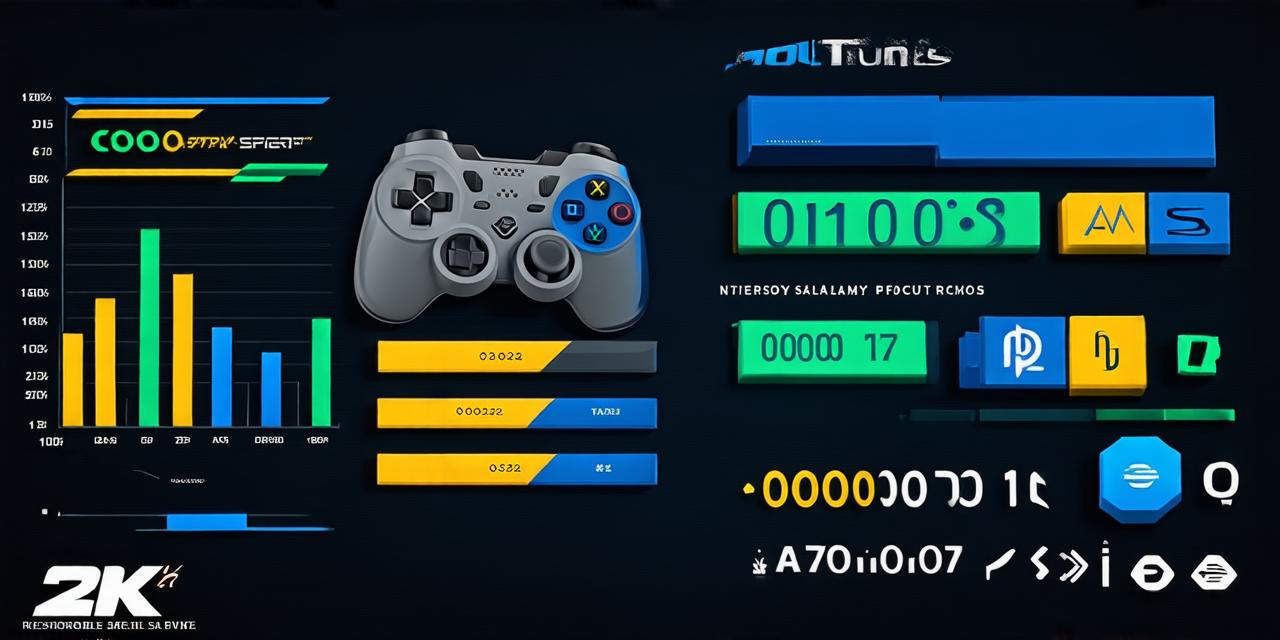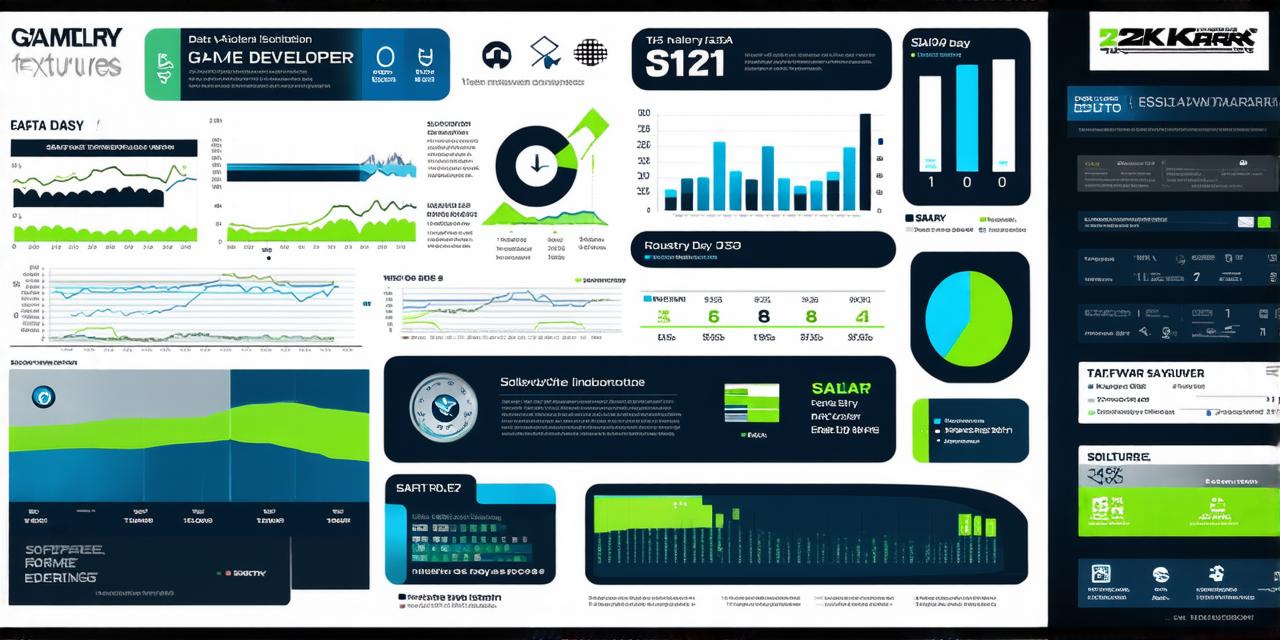Introduction
Game development is an ever-evolving industry, and game developers require a wide range of tools to create games that are not only engaging but also technically sound. In this article, we’ll explore the top programs used by game developers for creating and publishing games. We’ll delve into the various features and functionalities of these programs and see how they can help game developers streamline their development process.
1. Unity 3D

Unity 3D is one of the most popular game engines used by game developers worldwide. It offers a range of features that make it easy for developers to create games for various platforms, including Windows, macOS, iOS, Android, and consoles. With Unity 3D, game developers can use C or JavaScript to write code, which makes it an excellent choice for both beginners and experienced developers.
Unity 3D also offers a wide range of assets and tools that can help developers create stunning graphics, animations, and sound effects. These assets include pre-made models, textures, and audio files, which can save game developers a lot of time and effort. Additionally, Unity 3D supports real-time rendering, which allows game developers to test and debug their games in real-time, making it easier to identify and fix issues early on.
2. Unreal Engine
Unreal Engine is another popular game engine that offers a range of features and functionalities for game development. It’s used by both beginners and experienced developers and offers support for various platforms, including Windows, macOS, iOS, Android, and consoles. With Unreal Engine, game developers can use C++ or Blueprint to write code, which makes it an excellent choice for both beginners and experienced developers.
Unreal Engine also offers a range of assets and tools that can help developers create stunning graphics, animations, and sound effects. These assets include pre-made models, textures, and audio files, which can save game developers a lot of time and effort. Additionally, Unreal Engine supports real-time rendering, which allows game developers to test and debug their games in real-time, making it easier to identify and fix issues early on.
3. Blender
Blender is a free and open-source 3D modeling and animation software that’s widely used by game developers. It offers a range of features and functionalities that make it easy for developers to create 3D models, animations, and textures. With Blender, game developers can use Python or C++ to write code, which makes it an excellent choice for both beginners and experienced developers.
Blender also offers a wide range of assets and tools that can help developers create stunning graphics, animations, and sound effects. These assets include pre-made models, textures, and audio files, which can save game developers a lot of time and effort. Additionally, Blender supports real-time rendering, which allows game developers to test and debug their games in real-time, making it easier to identify and fix issues early on.
4. Adobe Creative Cloud
Adobe Creative Cloud is a suite of creative software that’s widely used by game developers for creating and designing game assets. It offers a range of features and functionalities that make it easy for developers to create graphics, animations, and sound effects. With Adobe Creative Cloud, game developers can use Photoshop, Illustrator, and After Effects to write code, which makes it an excellent choice for both beginners and experienced developers.
Adobe Creative Cloud also offers a range of assets and tools that can help developers create stunning graphics, animations, and sound effects. These assets include pre-made models, textures, and audio files, which can save game developers a lot of time and effort. Additionally, Adobe Creative Cloud supports real-time rendering, which allows game developers to test and debug their games in real-time, making it easier to identify and fix issues early on.




